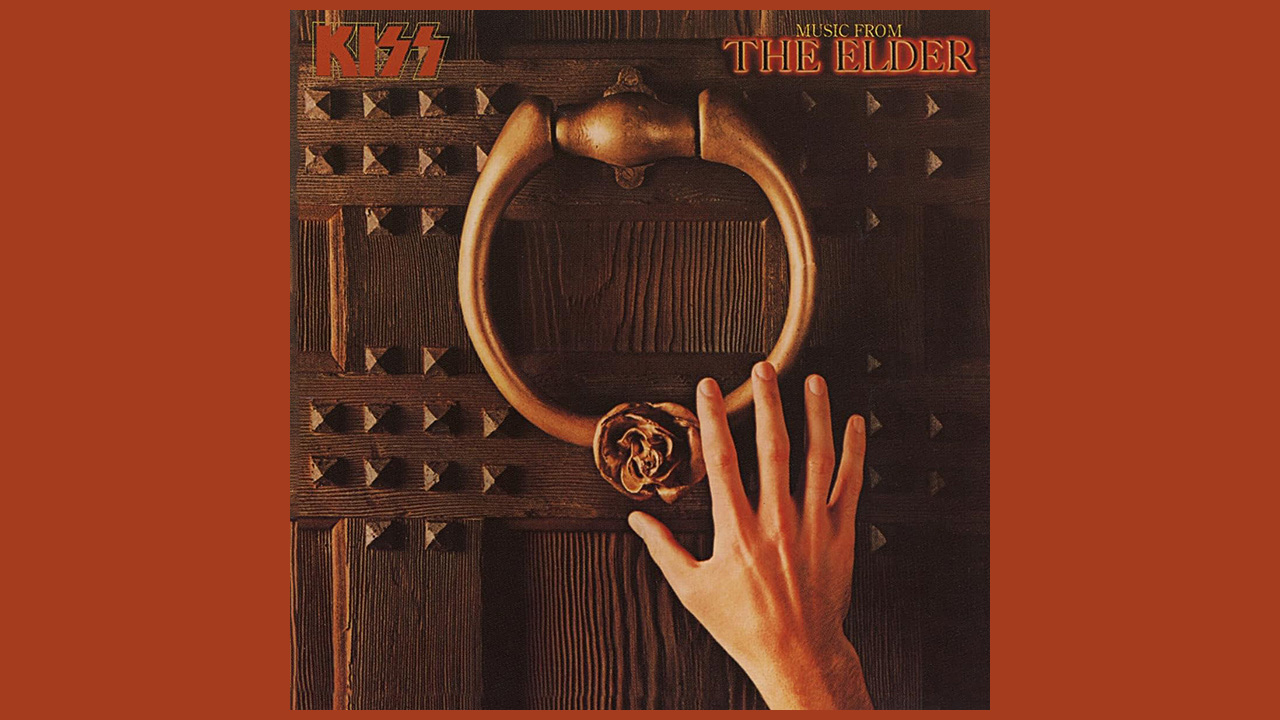Music From The Elder is derided and disregarded by many Kiss fans, and often deliberately overlooked. Most people are horrified that Kiss should have ever considered making a concept album, one that proved they could do so much more than drink Cold Gin, break out the Love Gun or Rock And Roll All Nite. Yet, not only did the band dare to stray into prog territory, they did it convincingly.
The sybaritic emperors of libidinous excess might have dominated much of the mid-to-late-1970s, but by the start of the next decade, their star was on the wane. Determined to halt this inexorable slide (and with a new line-up – drummer Peter Criss being replaced by Eric Carr) there was a feeling that they had to shake things up musically. So back came producer Bob Ezrin, the man who’d shaped their sound on 1976’s Destroyer, and who’d just finished collaborating with Pink Floyd on The Wall.
Moreoever, working with the American Symphony Orchestra and St Robert’s Choir, Kiss developed comparatively complex music around a storyline about The Boy, chosen by the Council Of Elders to fight evil – very Marvel Comics. As the album followed his journey (guided by Morpheus), a range of emotions and interludes were explored.
With musicians and producer cocooned inside their own creativity – nobody else was allowed to hear the work in progress – the result would probably have been hailed as a progressive metal masterpiece had it not been saddled with the band’s own reputation and expectations. Yet take the album out of the Kiss context, and you have a remarkably coherent work.
The use of orchestration and choral complementation was clever, and never intrusive. A World Without Heroes could have been a Genesis song from that era, while even the heaviest track here, The Oath, owes a lot atmospherically to Pink Floyd.
This was a bold idea, held back because nobody wanted to know what great potential had been unleashed. Kiss’ situation wasn’t helped either by a toned-down image. However, since prog metal started gaining momentum, Music From The Elder should gain long overdue respect. It’s one of their most dramatic, diverse records and their bravest – and, artistically, most satisfying – entry into a different genre.

